Even though academic training to become a physiotherapist is quite normal internationally, the traditional route into the profession in Germany still involves an apprenticeship. Being a physiotherapist with a Master's degree has a number of advantages and special features.
In Germany, a physiotherapist traditionally obtains their professional title through a three-year training programme. In other countries, an academic career is the norm to become a physiotherapist - for good reason. In our practice, we therefore rely on both: we have completed a dual study programme, i.e. including training, as well as an additional Master's degree. Here we explain: Why did we decide to do this? And what advantages does this have for patients?
What does it mean to be a Master of Science in Physiotherapy?
After completing our dual study programme, we could already look back on four years of practice and theory. Our degree programme consisted of three years of training leading to the qualification "Certified Physiotherapist" and a "Bachelor of Science Physiotherapy" obtained after the fourth year in the Netherlands. This means that we have a German qualification and a Dutch degree.
In order to further specialise academically and therapeutically, particularly in the musculoskeletal system, we also decided to do a Master's degree in a specific field. In the form of the "Master of Science in Manual Therapy", we obtained our Master's degree after a further six semesters (three years) while working.
Why was a German education alone not enough for us?
A training programme - with one year of practical experience and two years of theory - would have given us a solid foundation. We could have supplemented this with further training. But that wasn't enough for us. We wanted a higher qualification with a different and broader focus: a focus on scientific data. This was offered to us through a degree programme.
We see ourselves not only as therapists, but also as scientists. Thanks to our longer training programmes and our Bachelor's and, above all, Master's degrees, we are able to deal with therapies and examinations extensively and in depth. Thanks to our scientific expertise, we can take a critical look at existing methods and, above all, scrutinise them. In addition, we are constantly learning new ways of thinking. Above all, we never stop learning:
- What new study results - with proven effectiveness - are there in the field of physiotherapy?
- How can we put new findings into practice?
- Which scientific facts help our patients in particular?
- How can we ensure the best therapy results in an effective and well-founded manner?
- How can we ensure high-quality therapy?
Thanks to these skills, we can work on an equal footing with doctors and are also ideally positioned for the future. We have made our physiotherapy practice fit for new challenges and tasks. This enables us to think one step ahead independently - and to critically scrutinise doctors' treatment suggestions instead of just following them.
Focus on the physiotherapeutic examination of patients
At Physios Köln, we take a critical view of therapy and diagnostics very seriously! Clinical decision-making, also known as clinical reasoning, is very important to us. This means for patients: Instead of just following traditional therapies and doctors' orders, we attach great importance to our own investigations and focus on therapy concepts that really work. Our patients benefit from this:
- Individual and needs-based examination, counselling and treatment
- Tackling complex problems
- New knowledge is integrated into our practice
- Coordinated therapy concepts for better results
- Integrating state-of-the-art approaches that have been researched for a long time
The overriding goal is always the greatest possible therapeutic success! Through our training, we have therefore laid the foundation for providing the best and most individualised therapy for our patients.
The knowledge for this was not only provided by our studies. We have also acquired the additional qualification "Sectoral alternative practitioner in physiotherapy" in order to be able to carry out the diagnosis in our practice. All of this contributes to a holistic physiotherapy practice with sustainable therapy results.

